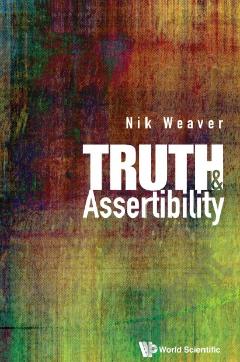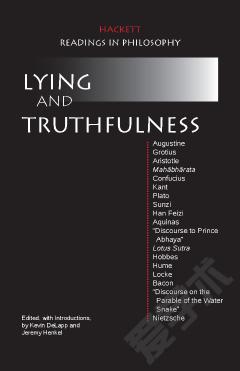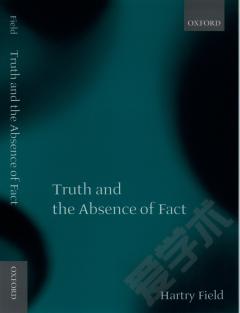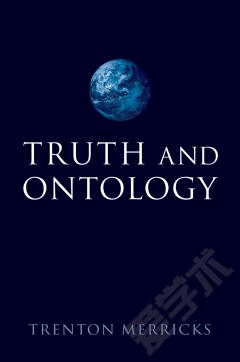Truth and Justification
Jurgen Habermas has developed the theory of communicative action primarily in the context of critical social and political theory and discourse ethics. The essays collected in this volume, however, focus on the theory's implications for epistemology and metaphysics. They address two fundamental issues that have not figured prominently in his work since the early 1970s. One is the question of naturalism: How can the ineluctable normativity of the perspective of agents interacting in a linguistically structured lifeworld be reconciled with the contingency of the emergence and evolution of forms of life? The other is a key problem facing epistemological realism after the linguistic turn: How can the assumption that there is an independently existing world be reconciled with the linguistic insight that we cannot have unmediated access to "brute" reality?Truth and Justification collects Habermas's major essays on these topics published since the mid-1990s. They offer detailed discussions of truth and objectivity as well as an account of the representational function of language in terms of the formal-pragmatic framework he has developed. In defending his post-Kantian pragmatism, Habermas draws on both the continental and analytic traditions and endorses a weak naturalism and a form of epistemological realism.
{{comment.content}}








 京公网安备 11010802027623号
京公网安备 11010802027623号